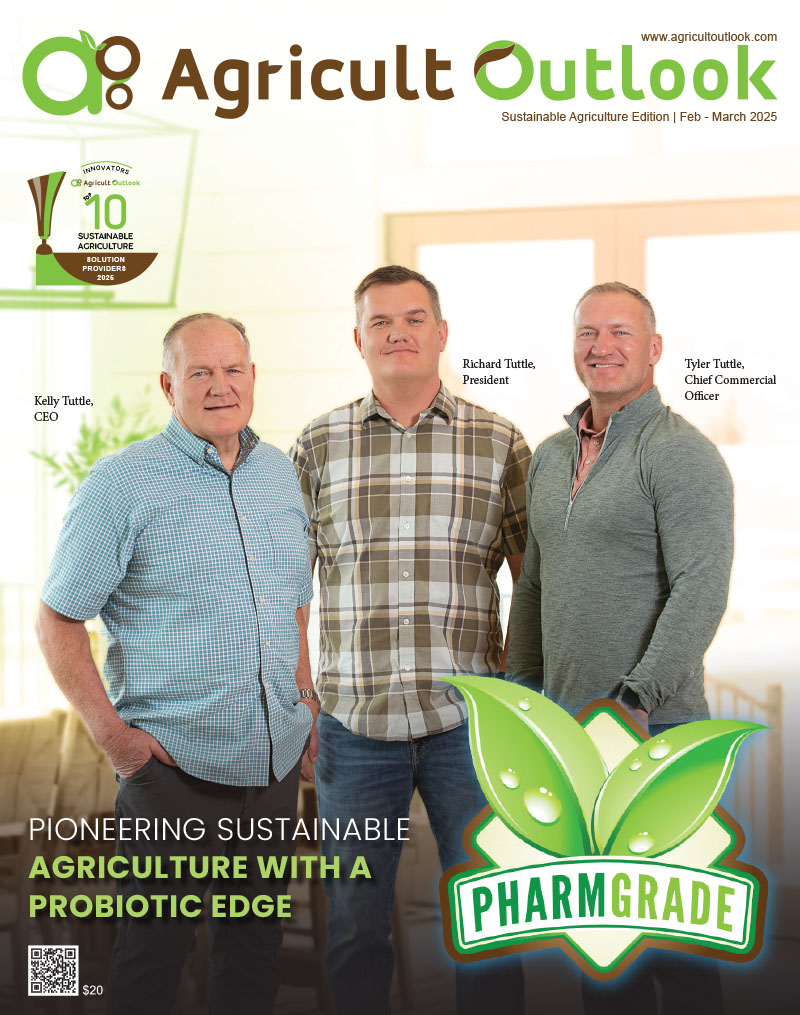Regenified™, a leader in regenerative agriculture verification, has officially published results from its Exploring Consumer Appetite for Regenerative Agriculture: A 2024 Consumer Trends Report.
Going by the available details, the stated report highlights a growing interest in regenerative agriculture. This it does after taking into account the opinion of more than 850 U.S. consumers who, by the way, segmented into General Consumers and Values Based Shoppers. More on the same would reveal how Regenified’s lowdown effectively provides specific benchmarks on consumer awareness, interest, and purchasing intent in regenerative agriculture.
Talk about the published results on a slightly deeper level, we begin from how they indicate rising awareness and interest in and around generative agriculture. Here, the report basically revealed that nearly 68% of Values Based Shoppers are aware of regenerative agriculture, whereas on the other hand, an estimated 65% expressed strong interest in purchasing regenerative products after learning more.
Next up, the report in question uncovered a whole new Emerging Regenerative Market. In essence, it informed us that 32% of Values Based Shoppers and 20% of General Consumers currently qualify as the Emerging Regenerative Market, making up a contingent of highly engaged consumers who are eager to share their knowledge and support brands that align with their values. Another detail worth a mention here is orchestrated by those 72% of Values Based Shoppers, and 92% of the Emerging Regenerative Market shoppers who place high importance on certification when choosing products, thus demanding clear labeling to ensure trust in the products they choose.
Beyond certification, the stated findings also relay a burgeoning emphasis upon health and nutrient density, as 80% of Values Based Shoppers and 96% of the Emerging Regenerative Market reportedly expressed desire for nutrient-dense foods, correlating regenerative practices and healthier choices.
“The Emerging Regenerative Market is a significant finding. These consumers are loyal advocates for the movement, creating an exciting opportunity for brands and retailers to meet the rising demand for certified regenerative products.” He adds, “Consumers in the Emerging Regenerative Market are ready to make positive changes through their purchasing decisions, but farmers can’t meet this demand alone. We invite brands, retailers and peers across the industry to unite and serve these consumers by fostering a truly regenerative supply chain, from field to shelf,” said Salar Shemirani, CEO of Regenified,
Moving on, Regenified’s report even discovered strong willingness to pay a premium, with 89% of the Emerging Regenerative Market found prepared to pay more for regenerative products, This, like you can guess, means a strong consumer commitment in the context of aligning purchasing decisions with ethical and environmental values.
Finally, our last piece of highlight is rooted in how, despite the overarching shift, supply remains a barrier for the business of regenerative agriculture. You see, limited availability is a challenge for 40% of Values Based Shoppers and 44% of the Emerging Regenerative Market, signaling a clear need to expand access to regenerative products.
Among other things, it must be mentioned that, before being shown visual aids, just 37% of Values Based Shoppers reported a strong understanding of regenerative agriculture. Having said that, when presented with information illustrating how regenerative practices can improve soil health, increase biodiversity, and enhance nutrient density in food, 65% of Values Based Shoppers reported being “extremely interested” in the idea of embracing the concept.
Founded in 2022, Regenified’s rise up the ranks stems from its practice and outcome-based land verification and product certification program which is designed to support regenerative agriculture at scale. The company’s operations, at present, are focused on promoting practices that enhance biodiversity, soil health, water quality, and nutrient density etc.







